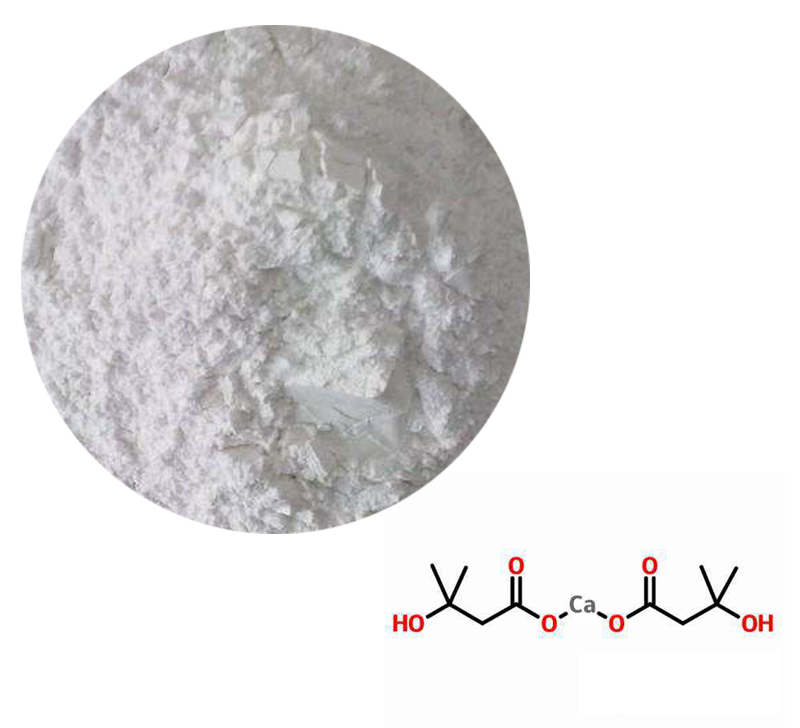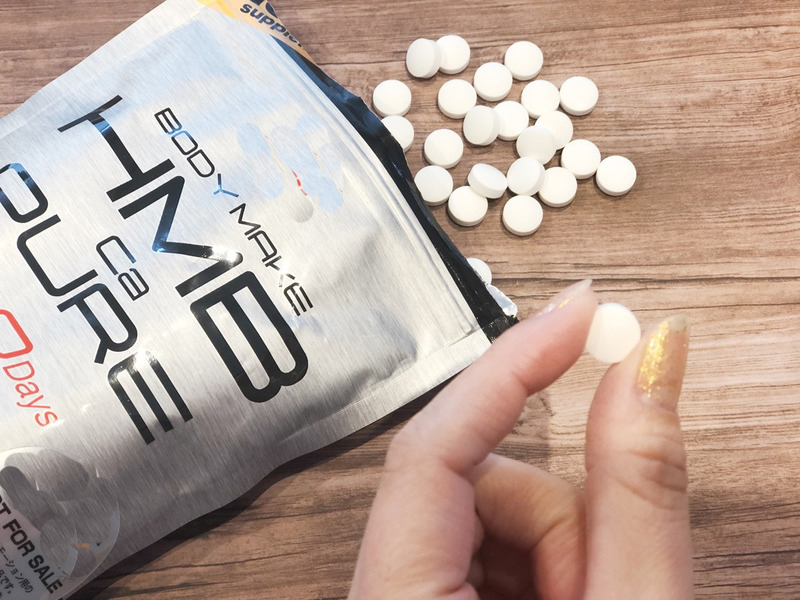β-Hydroxy β-methyl butyric acid (HMB), otherwise known as its conjugate base, β-hydroxy β-methyl butyrate, is a naturally produced substance in humans that is used as a dietary supplement and as an ingredient in certain medical foods that are intended to promote wound healing and provide nutritional support for people with muscle wasting due to cancer or HIV/AIDS. In healthy adults, supplementation with HMB has been shown to increase exercise-induced gains in muscle size, muscle strength, and lean body mass, reduce skeletal muscle damage from exercise, improve aerobic exercise performance, and expedite recovery from exercise. Medical reviews and meta-analyses indicate that HMB supplementation also helps to preserve or increase lean body mass and muscle strength in individuals experiencing age-related muscle loss.HMB produces these effects in part by stimulating the production of proteins and inhibiting the breakdown of proteins in muscle tissue. No adverse effects from long-term use as a dietary supplement in adults have been found.

HMB is sold as an over-the-counter dietary supplement in the free acid form, β-hydroxy β-methyl butyric acid (HMB-FA), and as a monohydrated calcium salt of the conjugate base, calcium β-hydroxy β-methyl butyrate monohydrate (HMB-Ca, CaHMB). Since only a small fraction of HMB's metabolic precursor, l-leucine, is metabolized into HMB, pharmacologically active concentrations of the compound in blood plasma and muscle can only be achieved by supplementing HMB directly. A healthy adult produces approximately 0.3 grams per day, while supplemental HMB is usually taken in doses of 3–6 grams per day. HMB is sold at a cost of about US$30–50 per month when taken in doses of 3 grams per day.

Previous: The Effect of Sea Buckthorn Juice
Next: Cell- Free DNA Tube
Copyright:@2020-2021
Comments Please sign in or sign up to post.
0
0 of 500 characters used